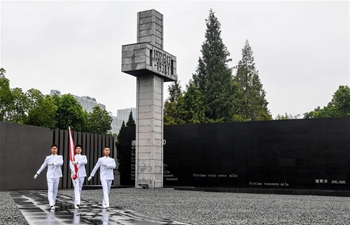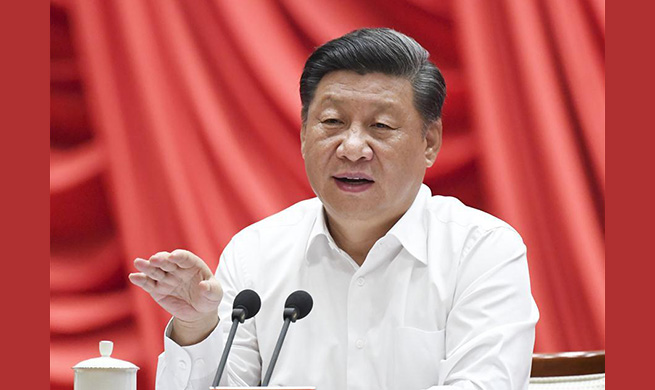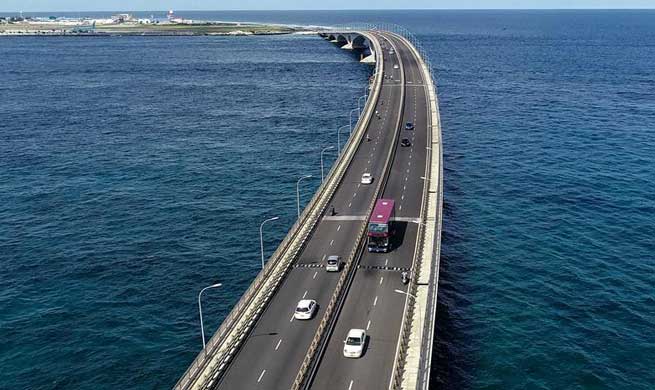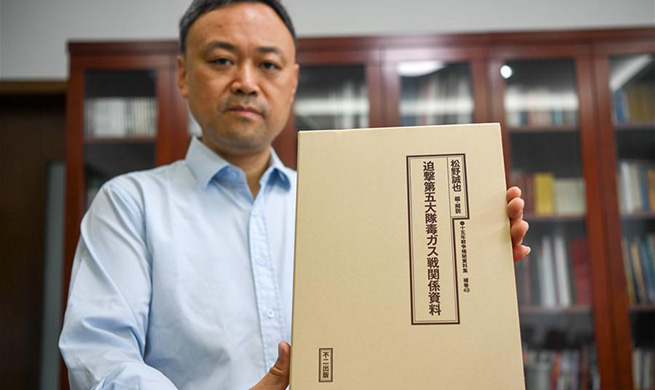GENEVA, Sept. 3 (Xinhua) -- A United Nations (UN) report said Tuesday that due to its impending departure from the European Union (EU), the United Kingdom needs bilateral agreements with countries that grant preferences to the EU countries so that Britain can maintain preferential market access.
"Although roll-over trade deals have been agreed with several countries, about 20 percent of UK non-EU exports are at risk of facing higher tariffs from countries such as Turkey, South Africa, Canada, and Mexico," said the report released here by the UN Conference on Trade and Development (UNCTAD).
The new UNCTAD research shows that if these agreements are not concluded by exit day for Brexit on Oct. 31, it would cost the UK economy almost 2 billion U.S. dollars in exports. Sectors such as apparel, textiles, motor vehicles, and processed food products would face higher tariffs.
The assessment comes at a time when the EU is concluding several agreements with different essential partners, such as Vietnam and countries in the South American MERCOSUR trading bloc.
These agreements, if not matched by equivalent agreements by the UK, will result in additional losses for British exporters, said UNCTAD.
"These outcomes pale in comparison to the export losses that the UK will experience in the EU market in the case of a no-deal Brexit," said UNCTAD.
Its research indicates that a no-deal Brexit will result in UK export losses of at least 16 billion dollars, representing an approximate 7 percent loss of overall UK exports to the EU.
Most of the UK losses in the EU market would be concentrated in motor vehicles (5 billion dollars), animal products (2 billion dollars) and apparel and textiles (encompassing about 2 billion dollars).
UNCTAD cautions that these losses would be much higher because of non-tariff measures, border controls, and consequent disruption of existing UK-EU production networks.
It said the deadline for the UK departure from the EU along with increased uncertainty on outcomes is problematic for UK exporters, and policy solutions are likely needed for at least short-term relief.
"Ultimately it will require progress on rolling over current deals or finding new relationships with other partners that will be needed for thrive," said UNCTAD.













